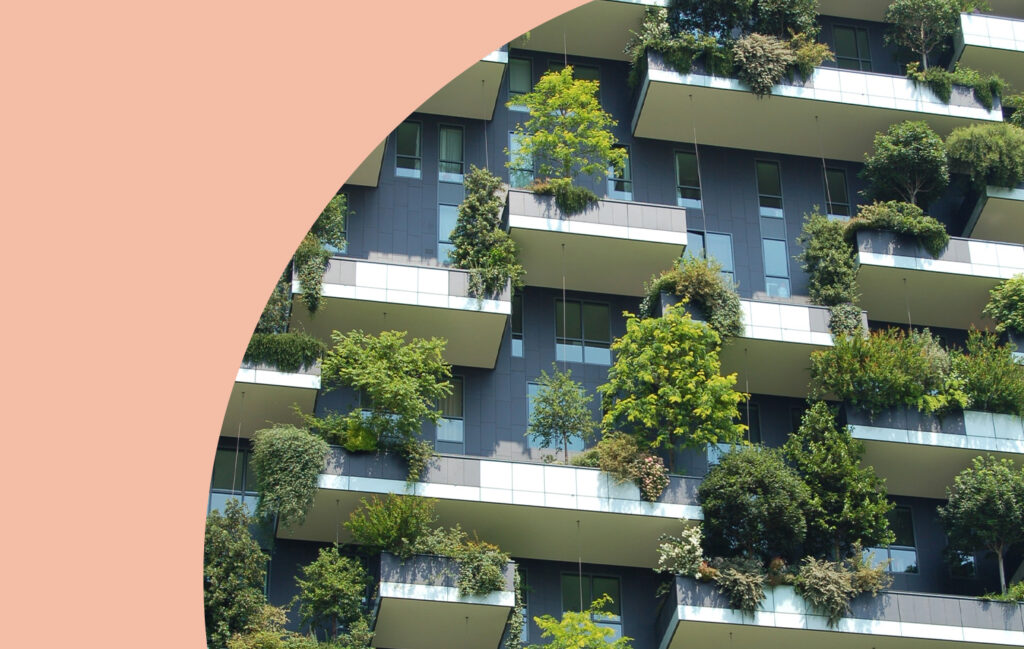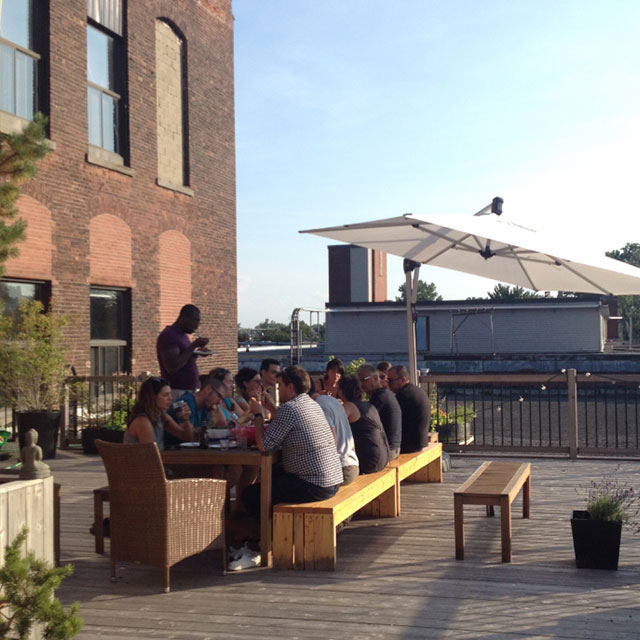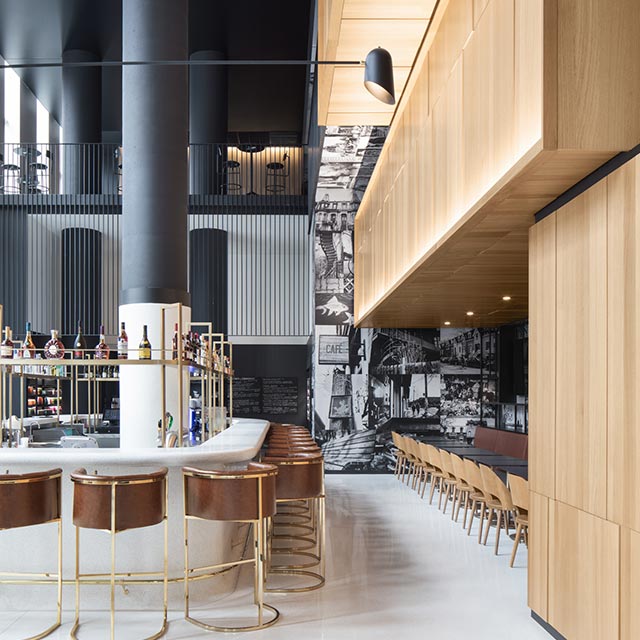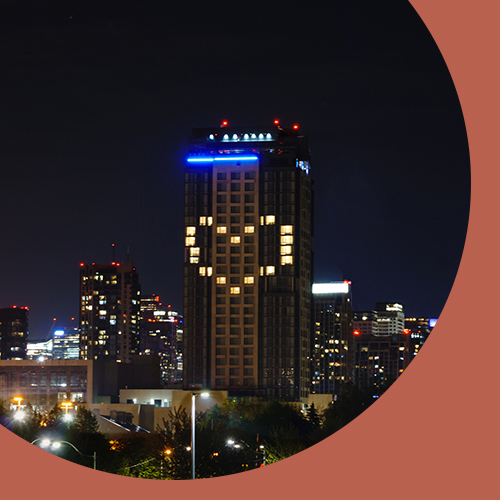How to deal with properties’ main environmental problematics?
Customers are more and more interested in environmental actions carried out by properties. Each action that allows to reduce the ecological footprint is taken into consideration, at the same level as main criterias such as price, comfort and location of the establishment. Indeed, 66% of individuals would be willing to pay a higher price for products and services from more ecological and user-friendly properties, which are also committed to have a positive social and environmental impact. Moreover, 2 out of 3 vacationers would agree to compromise their comfort in favor of the environment.

The hospitality industry ranks among the most energy-consuming sectors due to its use greater usage of air conditioning, water and heating. It represents a real issue for actors concerned. Thereby, more and more properties are going green, favoring the eco-tourism and a sustainable hospitality industry. Their main challenge? Successfully renewing themselves, especially by reducing their impact on the environment and their operating costs, all without impacting the comfort and quality of their guests: stay.
1- Reduce water consumption
As a responsible property, it is essential to monitor the water consumption within your establishment. Do you know how much water is used by each of your departments but also by your customers? On average, a guest uses 300 liters of water per night, twice his personal consumption at home. Indeed, there are several indicators that allow you to keep control over your consumption such as the total water consumption, the water consumption by department or per night in cubic meters, the percentage of water reused and the savings made on your bill.
Keeping control over your consumption is good but actions are better! Start by educating your staff as well as your customers, encourage them to minimize their water consumption whether it is to wash or change towels, the use of taps, showers and all of the household appliances. It is recommended to install water saving systems, to opt for water treatment plants in order to prioritize the reuse of water and to use household appliance with water savers.
2- Decrease energy consumption
Do you know the exact energy consumption of your property? Do you know that a property’s energy consumption is approximately 3% of its turnover? Therefore, there are several tips that allow you to align your energy consumption according to environmental and economic criteria that you have previously set. In order to measure your electricity consumption, you can use the following indicators : the total energy consumption used in the activities of your establishment and the consumption used by department in kilowatt-hour, the percentage of your quota by energy source or by renewable energy source and the savings on your energy bill. You can start by reviewing the thermal insulation of your property. You can also check your lighting, favor the use of low-consumption light bulbs or LEDs and use as much as possible devices and machines requiring lower energy consumption. Moreover, choose the installation of lighting systems with motion detector and solar panels.
Other technological and efficient option exists to help properties in their energy management. Many systems can connect to a property management software in order to identify rooms with customers and unoccupied ones. So when the software indicates an unoccupied room, the energy management system automatically turns off the lights and devices and heaters and air conditioning are turn on a minimum. In this case, the connectivity between a property management software and the energy management system is essential, the PMS has all the information about rooms and the energy system acts on the control energy savings.
3- Limit waste production
With nearly 2.5 million tonnes of waste per year, the hospitality industry and its catering generate a large amount of waste. Although sorting, treatment, recycling and reuse of waste is possible, it is important to look for other possible alternatives in order to face this massive production. To find out more about your waste production, you can rely on indicators as for example : the total amount of waste, the amount of waste per room or per department in kilos or tonnes, the amount of waste per type of waste, the recycling rate and the cost of removing waste.Thereafter, some concrete actions could help you to reduce your production of waste such as the establishment of vegetable gardens, containers for sorting and recycling within the hotel, the purchase of local, organic, seasonal and bulk products, the substitution of single-use products by distributors. What about opting for more responsible purchasing? Eliminate the use of plastic bags, plastic water bottles, individual packaging and individual coffee pods?
Waste reduction can also be done within your establishment, indeed several departments such as the reception, the housekeeping and banquets are using a lot of papers everyday. It would be a great idea for your reception to replace their registration card with solutions such as pre-check-in, check-in kiosks or even online registration. The housekeeping department could replace its daily reports with a mobile app, thereby significantly reduce paper prints and waste production.
Whether it is for a business trip or a relaxing stay, we all tend to indulge ourselves and overconsume. It is important to keep in mind that each action taken has a significant overall impact on the environment. To do so, highlight your actions so that your customers can understand some of your choices and your future customers can make a wise choice on the kind of establishment they wish to stay at. Highlighting your concrete actions will also be your main element of justification concerning a different pricing from your competitors.
Change is inevitable and it requires managers, employees and customers’ social behavior evolution. Indeed, everyone must be aware of the environment and must be responsible. As mentioned by Dr Willy Legrand : “ The sustainable hospitality industry isn’t represented by a company that tries its best on a chosen market but rather an entire sector who takes up environmental and societal challenges by exploring new ideas, new solutions and new strategies in order to develop new establishments and manage operations sustainably!”
 Log in
Log in


























